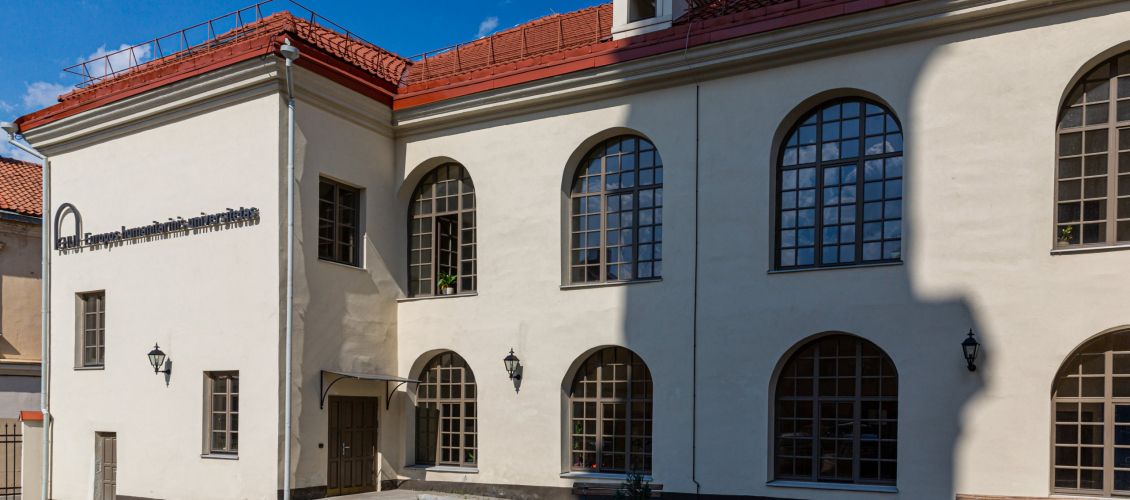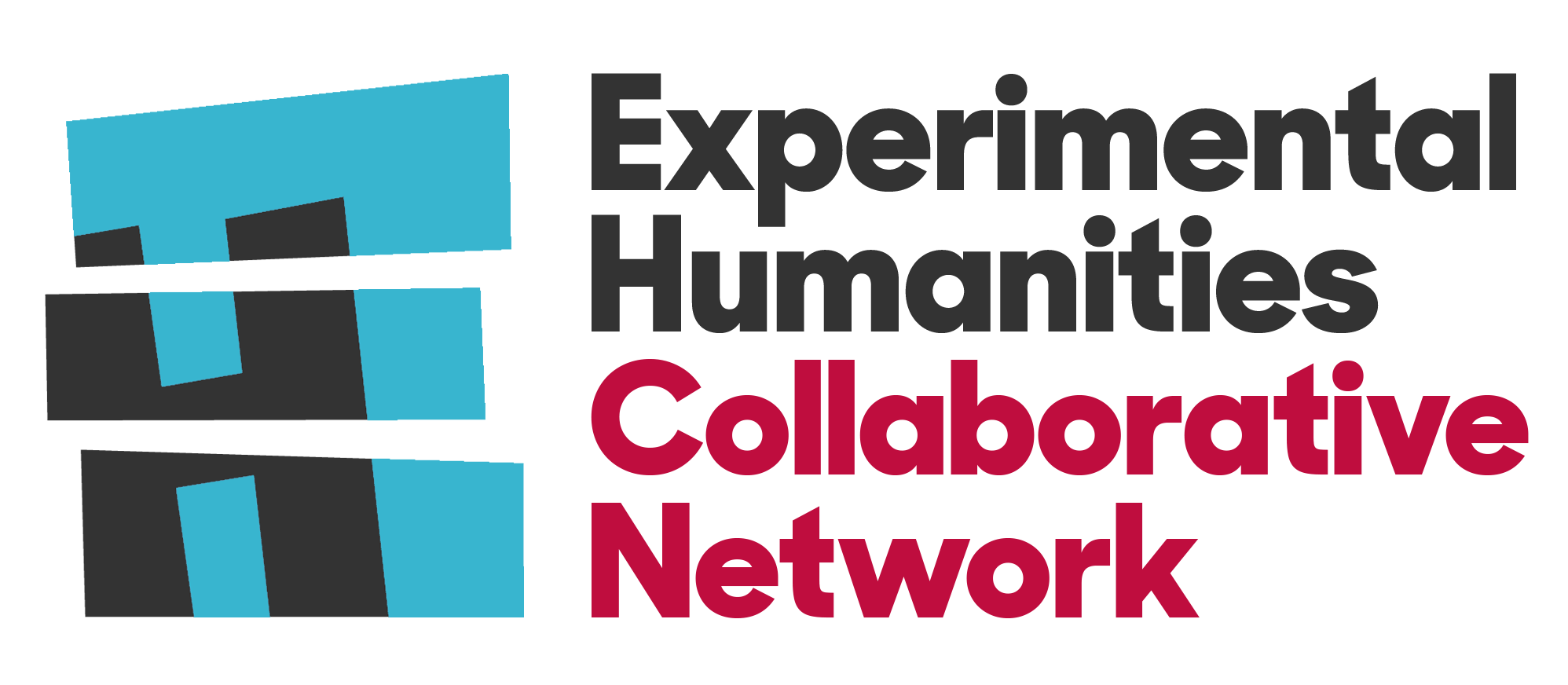Welcome to The Experimental Humanities Collaborative Network
Platformization of Politics in Non-Democracies: Belarus in the 2020s in Comparative Perspective
Go East Summer School at the European Humanities University Vilnius, August 7-18, 2023
The miraculous massive politicization of Belarusian society in the summer and autumn of 2020 has generated a variety of perspectives to make sense of this change, including nation building, the erosion of the foundations of authoritarianism, gender roles in public politics, protest as creativity, grassroots activism, and mushrooming local communities. This Summer School brings all of these perspectives into focus, and it emphasizes the critical entanglement of this politicization with the reality of digital platforms. It thus aims to examine the profound destabilization of power relations in Belarus in 2020-2021 as a result of the interplay among digital technologies, society, and politics. By bringing to the classroom cutting-edge theory, established expertise on Belarus, the experiences of various actors in the field, and the studies of similar cases of digitalization of politics in non-democracies, the Summer School creates an immersive learning environment with analytical and ethical dilemmas.
The expected overall result of the Summer School is the elaboration of a narrative of the transformation of political realm in non-democracies due to the spread and omnipresence of digital platforms. This narrative is to be co-created by the Summer School participants, tutors, lecturers, and invited social partners. For this purpose, the curriculum is composed of three modes of input: 1) lectures and discussions on the specificity and political impact of digital platforms in non-democracies; 2) lectures and discussions on the major trends in Belarusian society, culture, and politics; 3) meetings and networking with representatives of Belarusian NGOs, independent media, and research organizations; and 4) facilitated discussion of readings on the political powers of infrastructures and digital platforms.
The ‘infrastructural turn’ in the social sciences provides not only notions to dismantle various apparatuses of political power. It also provides analytical instruments to identify drivers of political change. Infrastructures are political in terms of the resources, alliances, flows, modes of behavior, interactions, claims, representations, and artifacts they enable. The Summer School exploits the opposition between the logics of infrastructures and those of digital platforms (Plantin et al. 2018), and the ways this opposition develops and stands out in post-Soviet authoritarianism and in comparable cases. Which new enablers gained momentum in Belarus and in the other non-democracies due to digitalization? Which new political actors and assemblages did they co-produce? And what will be their fate in the long-term perspective? Which instruments were used by the authoritarian state to disrupt the empowerment of civil society?
The power of the rapidly emerging new modes of collective action in Belarus in 2020 lay in its location off the grid in relation to the long-established inertial material statehood consolidated by Alexander Lukashenko from the 1990s, 2000s and 2010s, and in relation to the long-established oppositional structures and practices. On the one hand, Lukashenko’s key challengers designed their strategies as deliberately viral. They revealed almost nothing about themselves in terms of habitual conventions of the political process (their programs, ideologies, structures, already existing agreements, and networks with other political players). The new tools of empowerment were essentially memetic – relying on visualization and replication rather than on deliberation and representation. At a later stage, the information about state violence triggering the protests was delivered without any montage or mediation by text: the most motivating and touching moments of the protests were captured on streamed videos. On the other hand, new types of community organizers were organically nurtured in a new job market (the IT sector and the private sector in general were significant drivers), and they entered the political realm in 2020 to replace the knowledge and communication controllers among the ideologues and the welfare-sector workers. The result was a breakdown and reconfiguration of the “epistemic infrastructure” (Boyer 2018) of Belarusian politics. Here one could ask more abstract questions of whether the period of presidential elections in Belarus in spring, summer and autumn 2020 was the moment of destruction of the mode of infrastructural gridding Lukashenko’s regime had been developing over decades. There are influential interpretations of the decisive role of energopolitics in the consolidation of Lukashenko’s regime (Balmaceda 2014). Was this politicization the first symptom of disruption of the infrastructure of Soviet carbon modernity as the underlying enabler of Lukashenko’s system?
At the same time, the ‘awakening’ – as one of the most popular metaphors to depict the developments in 2020-2021 Belarus – has left the society with an unprecedented scale of special forces’ violence, destruction of civil society organizations, criminalization of many civic modes of digital presence, precarious consequences of the interplay between anonymization and de-anonymization, and unprecedented fragility of public expressions of civic stances. In this sense, researchers of Belarus are under the current conditions facing difficult ethical dilemmas regarding the hyper-sensitive situations of their research partners both within the country and abroad.
The Summer School provides:
- Work in a medium-sized interdisciplinary group (up to 20 participants and 3-4 tutors)
- Lecturers and tutors with expertise in the theme of the Summer School
- Tools of AI powered analysis of social media platforms
- Meetings and networking with the representatives of Belarusian NGOs, independent media, and research organizations
- Cultural program in Vilnius and in Kaunas
- Time for individual work
- 3 ECTS credit points
Learning outcomes:
- Skills of data driven analysis of social media audience and impact
- Skills of analytical work with activists’ and organizations’ real-life dilemmas in Belarus and other non-democracies
- Steered development of joint projects
- A block of lectures on political dimension of infrastructures and digital platforms
- A block of lectures on Belarus current society, culture and politics
Partners: DAAD, Experimental Humanities Collaborative Network


